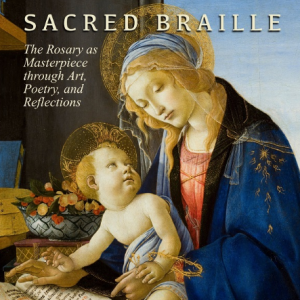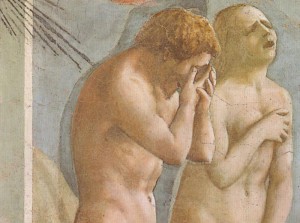CS Lewis and Free Will
George Macdonald said, “The one principle of Hell is: ‘I am my own.’”
In The Case for Christianity, CS Lewis writes
God created things which had free will. That means creatures which can go wrong or right. Some people think they can imagine a creature which was free but had no possibility of going wrong, but I can’t. If a thing is free to be good it’s also free to be bad. And free will is what has made evil possible. Why, then, did God give them free will? Because free will, though it makes evil possible, is also the only thing that makes possible any love or goodness or joy worth having. A world of automata – of creatures that worked like machines – would hardly be worth creating. The happiness which God designs for His higher creatures is the happiness of being freely, voluntarily united to Him and to each other in an ecstasy of love and delight compared with which the most rapturous love between a man and a woman on this earth is mere milk and water. And for that they’ve got to be free.
Of course God knew what would happen if they used their freedom the wrong way: apparently, He thought it worth the risk. (…) If God thinks this state of war in the universe a price worth paying for free will -that is, for making a real world in which creatures can do real good or harm and something of real importance can happen, instead of a toy world which only moves when He pulls the strings- then we may take it it is worth paying.
“Better to reign in Hell than Serve in Heaven.” -so said Milton’s Satan in Paradise Lost
In The Screwtape Letters – a great work about a senior devil trying to bend or twist his “patient,” the soul he has been assigned to tempt into using his free will to sin and turn from God, Lewis writes: “There are two types of people: those who say to God, ‘
Thy will be done,’ and those to whom God says, ‘All right, then, have it your way.” This quote reveals how when we do not unite our own will (willingly- now isn’t that a good word here!) to that of God, we end up getting exactly what we claim to want: our own way. But it does not make us happy. For a perfect example of this, we have only to think of a baby or toddler. The mother or father has to give them medicine, and it tastes bad, and they think they do not want it…and oh how they fight it! But with trust and obedience and communication over time, the child will hopefully come to accept it, and to desire for itself what the parent says must heal it.
In CS Lewis’s classic The Great Divorce, heaven seems a very solid, indeed, hard land for a soul just arriving – very rough on the feet. Some choose to reject it even when they are offered it and promised they will be shown by guardians how to adapt and thrive. So, they are allowed to leave the solid land of heaven and go back to the grey towns from which they came.


